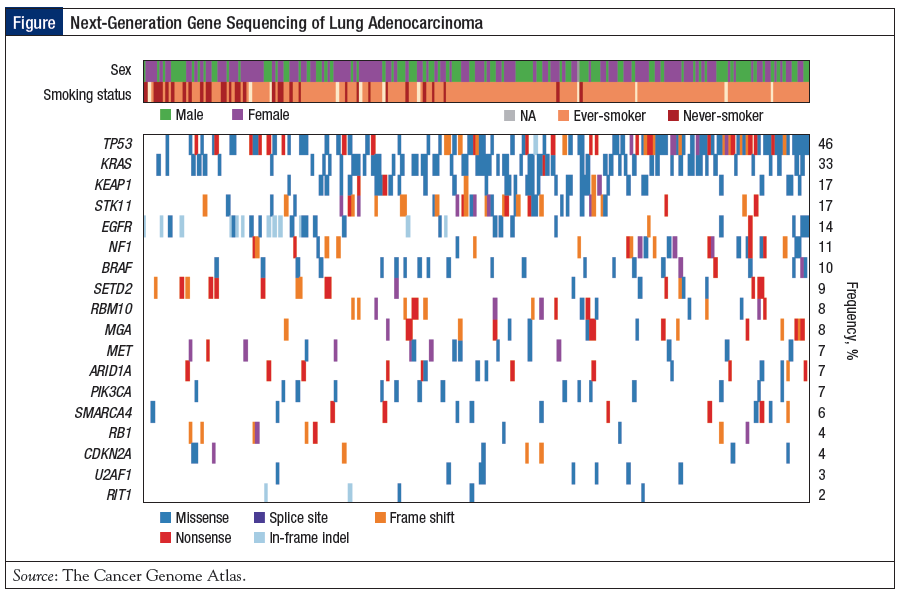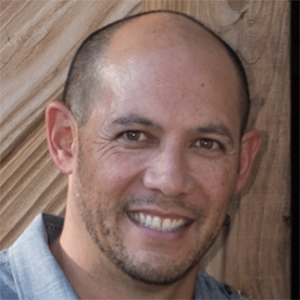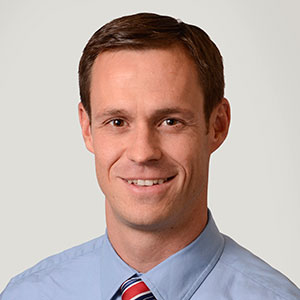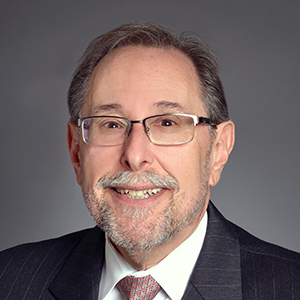Session Abstract – PMWC 2018 Silicon Valley
Session Synopsis: The increase in genetic tumor sequencing technology has led to its incorporation as part of clinical practice. To develop a more routine personalized medicine approach implementing precision medicine in clinical practice requires overcoming barriers and uncertainties. This session focuses on the issues encountered as clinicians try to put precision medicine into practice.
Session Chair Profile
Sr. Director Software Engineering, Clinical Genomics, Illumina

Biography
Dwight Baker is currently the Head of Software Engineering, Clinical Genomics at Illumina. He leads teams focused on applying Next Generation Sequencing (NGS) to the field of Oncology, Reproductive Health, and Applied Clinical Genomics by unlocking the power of the genome to improve human health. His team craft innovative software solutions for Oncology, Noninvasive Prenatal Testing (NIPT), Human Leukocyte Antigen (HLA) typing and matching assays. Prior to Illumina, Dwight held a variety of leadership positions at Gen-Probe and Hologic in the field of molecular diagnostics providing blood screening, clinical diagnostic, and cancer screening assays. Dwight has over 22 IVD approved products that he has lead or contributed towards. Dwight holds dual BS degrees in Biochemistry and Microbiology from Cal Poly San Luis Obispo and a MS in Software Engineering from National University. He also serves on the advisory board at UCSD extension for Applied Bioinformatics.
Speaker Profile
M.D., Ph.D., Executive Director of Precision Medicine & Precision Genomics, Intermountain Healthcare
Biography
Lincoln Nadauld, MD, PhD, is the Executive Director of Precision Medicine and Precision Genomics at Intermountain Healthcare. Dr. Nadauld recently participated in the Precision Medicine Initiative Summit and roundtables at the White House with President Barack Obama. He also attended Vice President Joe Biden’s Cancer Moonshot Summit, where the Oncology Precision Network (OPeN), spearheaded by Dr. Nadauld, was mentioned among the Vice President’s remarks. OPeN is a consortium of healthcare partners working to advance data-sharing in precision medicine, including genomic information and outcomes. Dr. Nadauld completed his undergraduate education at Brigham Young University, and went on to complete combined MD/PhD and clinical training at the University of Utah. He completed clinical training in Medical Oncology at Stanford University School of Medicine, where he completed a postdoctoral fellowship in solid tumor genomics.
Speaker Profile
M.D., Senior Vice President and Chief Medical Officer, American Society of Clinical Oncology
Biography
As Senior Vice President and Chief Medical Officer of the American Society of Clinical Oncology, Dr. Schilsky is involved in professional and patient education, quality improvement, policy and advocacy, communications, clinical research and development of CancerLinQ, ASCO’s rapid learning system for oncology. Prior to joining ASCO, Dr. Schilsky was a faculty member at the University of Chicago from 1984-2012. He served as Director of the University of Chicago Cancer Research Center (1991-99), as Associate Dean for Clinical Research (1999-2007) and as Chief of the Section of Hematology-Oncology (2009-2012). He presently serves as a member of the Board of Directors of the Reagan-Udall Foundation for the FDA, of Friends of Cancer Research and of the National Coalition for Cancer Research, and as a member of the National Cancer Policy Forum of the National Academy of Medicine. Dr. Schilsky has served as a member of the Board of Directors of ASCO and of the Conquer Cancer Foundation of ASCO and as ASCO President 2008-2009.






